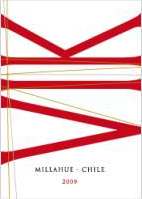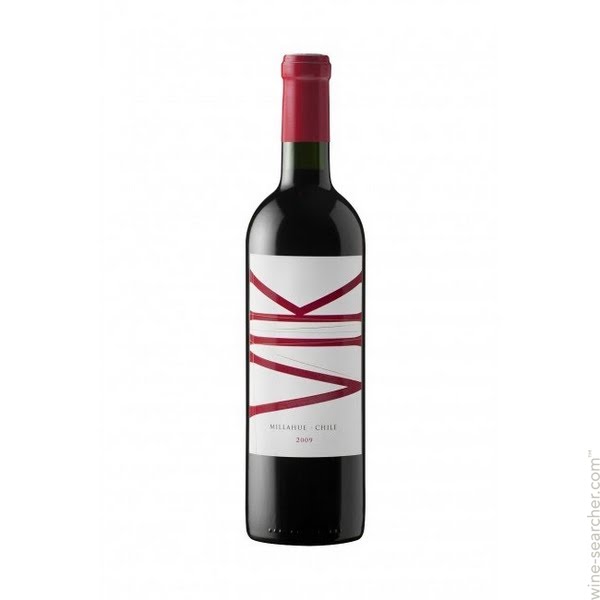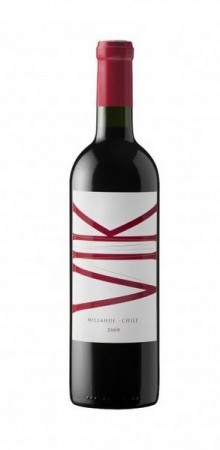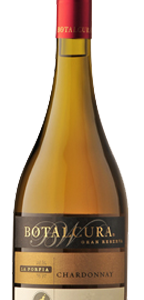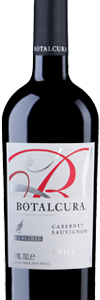The holistic VIK wine is a world-class wine, for long-term aging, and has the promise to become one of the best wines in the world. This exceptional wine is the result of an elegant blend of Cabernet Sauvignon, Carménère, Syrah, Merlot and Cabernet Franc, blends which are chosen yearly in different combinations. The viti-vinicultural concept behind VIK is based on the technique of optimizing each stage of grape growing and wine production, with an important focus on science and technology, all of which is adapted to each of our valleys in order to achieve the optimum maturity levels in our fruit and to create the best wine.
The grapes to make this remarkable wine were hand-picked and carefully transported in 10 kgs baskets to the cellar, where they were carefully inspected on a triple sorting table with 35 women’s selecting the grapes in order to remove any extraneous plant matter or imperfect grapes that could affect the final quality of the wine. The grapes are then sent by gravity in small-volume stainless steel tanks for the alcoholic fermentation. Fermentation is performed only with natural yeast at temperatures that fluctuated between 27º and 29ºC. Five daily pump-overs moved 0.5 – 1.5 times the volume of the tanks, depending on the level of extraction desired in each case. Total maceration time was 16–35 days at 24º–28ºC, depending on the development of each lot.




